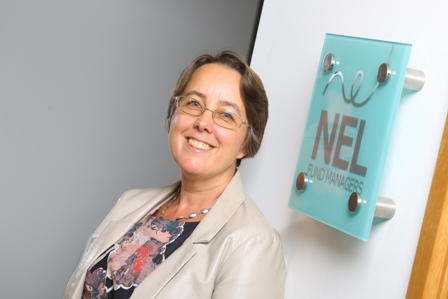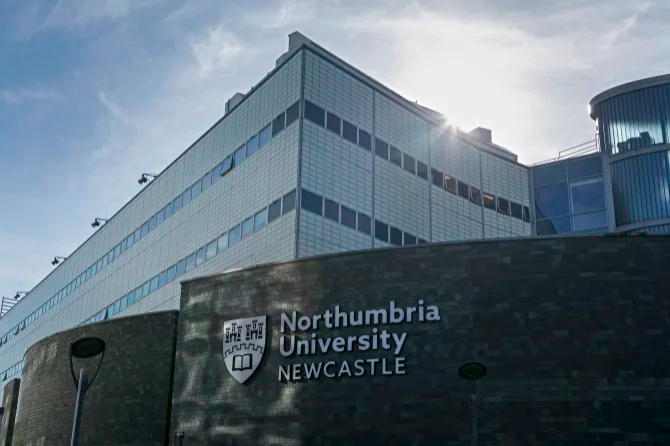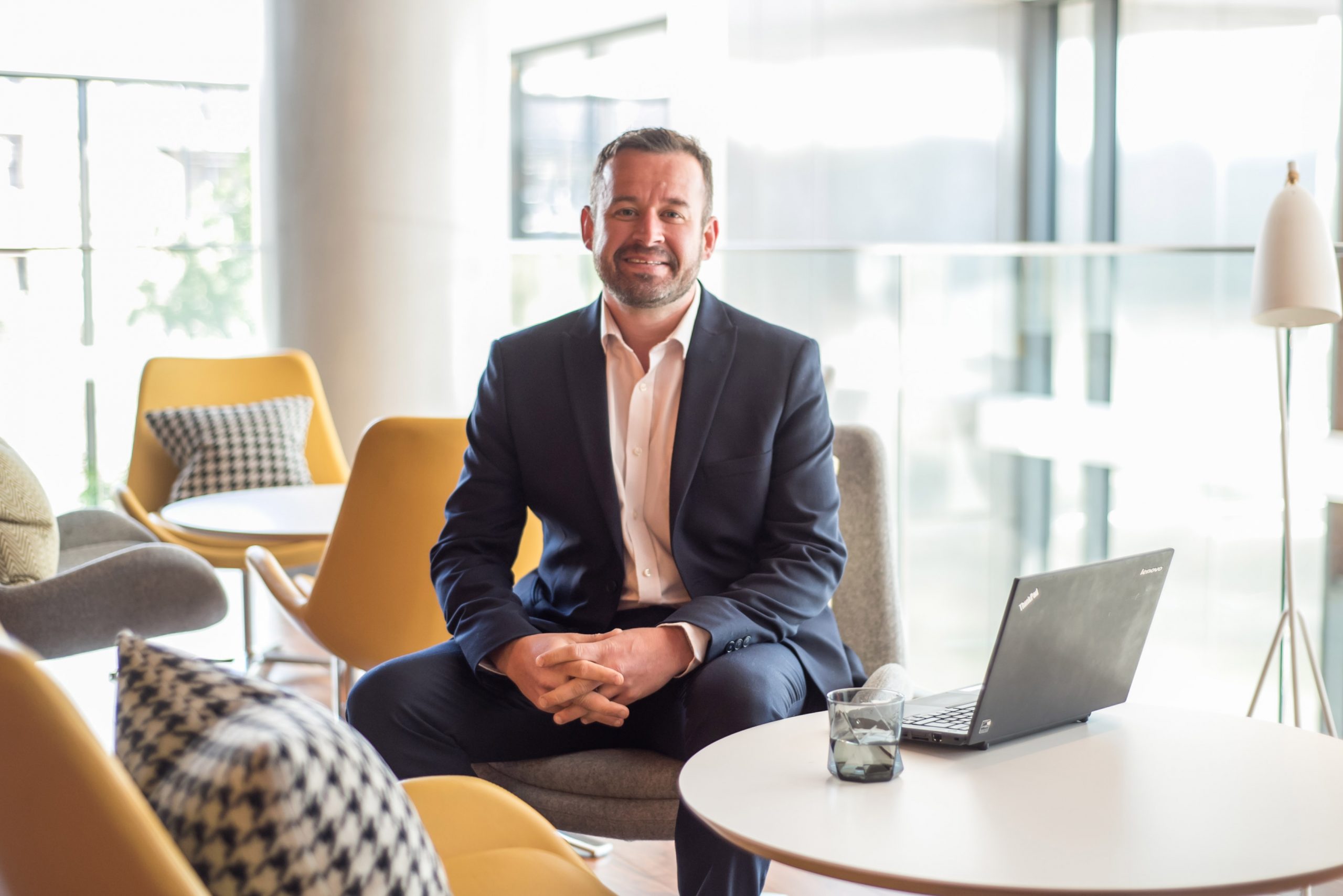
In conversation with Dr Yvonne Gale, Chief Executive of NEL Fund Managers Limited and Business Growth Board member at the North East LEP
As a newly appointed member of the Business Growth Board, how will your skills and experience support the North East LEP’s aim to increase the density of scaleups in the region?
“I have been working with scaling up local businesses my whole career, first in professional services, then running the finance teams inside several high growth local businesses, and now as CEO of NEL Fund Management who have funds specifically targeted at scaling up businesses. You could say I’m a finance for scale-ups expert – helping businesses to grow with the finance they need is what I do every day.
“I bring to the Business Growth Board the knowledge of what scaleups need so we can ensure, as a Board, we create a joined up system to empower businesses with growth potential and provide them with the wide range of ingredients they need, including finance. The more businesses with scaleup potential that are financed for deliverable business plans, the more we together increase the density of scaleups in the North East LEP region.”
How important will access to finance be for our regional economic recovery as a result of the coronavirus pandemic?
“Economically we are a long way both physically and culturally from City of London approaches to finance, but we don’t want any business to suffer for the lack of access to the right finance. Like most imbalances, the coronavirus pandemic has made more pronounced the existing disconnects.
“For years I’ve been advocating that accessing finance from a computer portal or call centre is fantastic until there’s a problem. An example is how many local businesses struggled to get through to their finance providers when they desperately needed to talk because they didn’t have a person-to-person relationship.
“Being able to access finance is about knowing where to go and who to talk to as much as it’s about the amounts involved and the level of cash. Central government created some fantastic interventions but these were for the heat of the emergency and not designed to be permanent or perfect. The recovery will take time and access to finance is likely to be a problem both in who will put up the finance in uncertain times, and does that finance fit the recovery, as every business will be different. As a Board, we need to ensure there is finance available that fills in any gaps over the medium to long term for regional businesses to deliver their potential.”
How will a recession further impact the North East, and what can businesses do to survive?
“I advocate three actions. First, good cashflow planning helps every business owner make informed decisions. As a chartered accountant, I would always advocate spending time on a good long range forecast, but almost anything is better than knee jerk reactions based on today’s bank account balance.
“Second, relationships matter when times are tough. The current situation presents an opportunity to forge deeper relationships with customers and suppliers. Now more than ever, people are logging who helps and who doesn’t. This creates opportunities for developing your business with new and existing partners.
“Third, the business world is in a state of flux and ‘fortune favours the brave’. It is difficult for complex organisations to be nimble but local businesses don’t need to wait for permission from head office. Now is the moment to think big and bold, striding out while others are busy elsewhere.”
Many small businesses are struggling as a result of the coronavirus pandemic. What support is available for them in the North East?
“There is an immense amount of support available in the North East, all of which have rapidly adapted so they can help now. The list is so long that it’s not possible to cover it in a blog. My best suggestion is to talk to people; be that your existing trusted advisors as there may be many ways they can help that you’ve never needed to ask about.
“If you want to widen your pool of who can help, consult the North East Growth Hub or make an appointment to talk to the Growth Hub Connectors. The Growth Hub is a comprehensive portal of the support available in the region.
“Of course if you need information on finance, I’m happy to help. You can reach me by emailing [email protected].”








